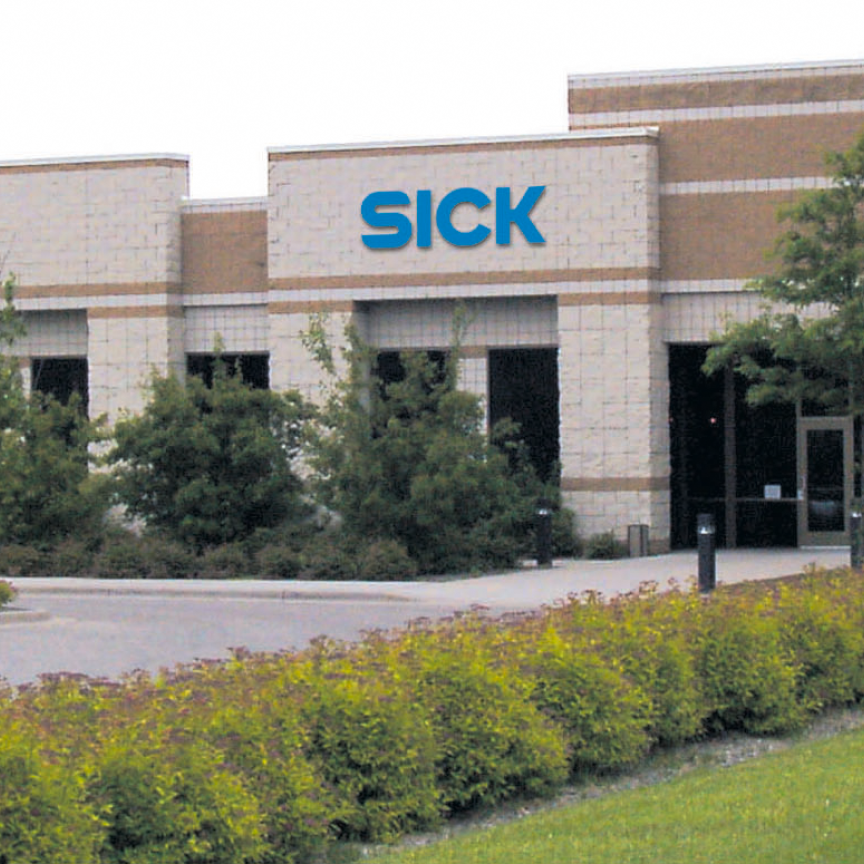Danny Reed, head of education and skills, PPMA Best, on the charity’s work to increase the number of female engineers
The engineering sector in the UK has faced many challenges over the years. An ageing workforce and not enough young people opting for a career in engineering is one that continues to cause great concern.
EngineeringUK reported in its state of engineering report that, to solve this problem, the UK will need 203,000 people with level-three engineering skills every year to meet the demand. However, with 46 per cent of engineering employers already reporting recruitment difficulties, it’s clear a lot more needs to be done if we are to bridge the shortfall.
PPMA Group of Associations recognises this problem and has set up PPMA Best, a registered UK charity, to inspire young people to look at careers in processing, packaging, robotics and automation, and machine vision sectors.
With 27 per cent of all UK companies involved in engineering, which represents 23 per cent of GDP, it’s important that companies and organisations, such as the PPMA, do all they can to promote career opportunities in engineering to attract more talented young people into the industry.
One area that PPMA Best is keen to improve is the number of women engineers in the UK. In 2018, only 8 per cent of the total engineering apprenticeship starters in England were female, and only 16 per cent of engineering undergraduate entrants were female. (Stats are only available for England, not Wales, Scotland or Northern Ireland.)
Looking back at GCSEs, 50 per cent of physics entrants were female, while just 22 per cent of A-level entrants were female. This raises the question: why are more women not seeing engineering as a career path? What is it that turns them away?
The government’s new approach to funding apprenticeships through the apprenticeship levy came into effect in 2017. It meant employers with a wage bill of more than £3m will pay a levy of 0.5 per cent of their total wage bill, which they can access to train an apprentice. Companies that fall under the new levy-threshold will have to pay 5 per cent of their apprentice’s training cost. This change has caused confusion across all sectors. A recent government report found that apprentices in engineering and manufacturing sectors fell by 26 per cent between 2015/16 and 2017/18.
PPMA Best offers apprenticeship grants and undergraduate bursaries to help PPMA member companies introduce new talent into the industry. However, it is clear that PPMA Best needed to do more to engage young people early, to make them aware of varied opportunities and to keep their interest in a career in engineering.
The PPMA Best continuum is a programme of activities that aims to do just that. PPMA Best works with PPMA member companies to set up links with their local schools and colleges. Our science, technology, engineering and maths (STEM) days are high-impact events that bring engineers from our member companies into schools to engage with whole year groups. Our STEM days include talks from engineers and interactive activities where students can engage with engineers and get stuck into a STEM challenge that encourages teamwork, communication and time management. Students are then given the opportunity to apply for work experience placements and partake in industry-led projects and company visits. These aim to stimulate the students’ interest and maintain close links between our companies and potential apprentices and graduates of the future.
The goal is to bring more young people into our sectors. To support this, PPMA Best offers new apprentices and undergraduates grants to help them with their studies. The PPMA Best apprenticeship grant provides financial support to the employing company; money that can be used to help fund their apprentice’s training. In addition, PPMA Best makes a payment to the apprentice to support them through their training.
The PPMA Best undergraduate bursary, meanwhile, is a match-funded payment made to the undergraduate each year while they are at university. It also offers them the opportunity to work at the company during holiday periods or gap years.
To date, all our programmes have attracted a 50/50 split between male and female, with the hope this approach will maintain the interest of both male and females across all age ranges.
During the 2018/19 academic year, PPMA Best worked with several PPMA Group member companies and engaged with more than 1,800 students. Some of these students have since gone on to do work experience placements and project work, while others will be attending this year’s PPMA Total Show at the NEC, in Birmingham, from 1 to 3 October.
This opportunity will help to widen students’ understating of work involved in more than 400 engineering companies serving processing, packaging, robotics and automation, and machine vision sectors.
More information on PPMA Best: www.ppmabest.org.uk
Have an opinion on the engineering skills gap?
Please get in touch with your views on how best to attract engineers in the machine vision sector: greg.blackman@europascience.com


